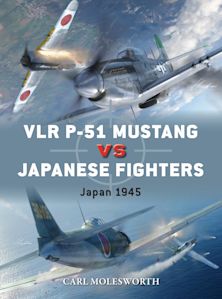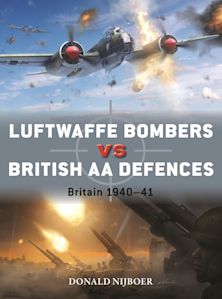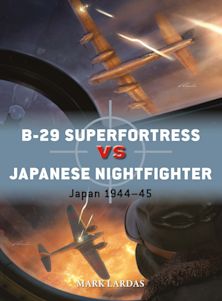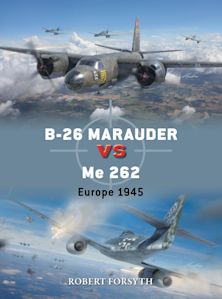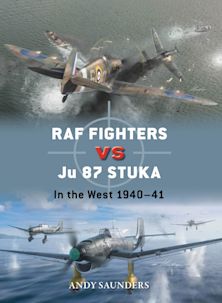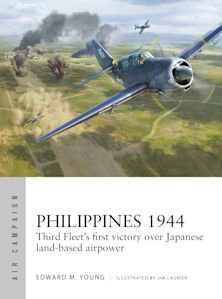Japan 1944–45
LeMay’s B-29 strategic bombing campaign
Japan 1944–45
LeMay’s B-29 strategic bombing campaign
Description
The air campaign that incinerated Japan's cities was the first and only time that independent air power has won a war.
As the United States pushed Imperial Japan back towards Tokyo Bay, the US Army Air Force deployed the first of a new bomber to the theater. The B-29 Superfortress was complex, troubled, and hugely advanced. It was the most expensive weapons system of the war, and formidably capable. But at the time, no strategic bombing campaign had ever brought about a nation's surrender. Not only that, but Japan was half a world away, and the US had no airfields even within the extraordinary range of the B-29.
This analysis explains why the B-29s struggled at first, and how General LeMay devised radical and devastating tactics that began to systematically incinerate Japanese cities and industries and eliminate its maritime trade with aerial mining. It explains how and why this campaign was so uniquely successful, and how gaps in Japan's defences contributed to the B-29s' success.
Table of Contents
Chronology
Attacker's Capabilities
Defender's Capabilities
Campaign Objectives
Order of Battle
The Campaign
Analysis
Conclusion
Bibliography
Index
Product details
| Published | Feb 21 2019 |
|---|---|
| Format | Ebook (PDF) |
| Edition | 1st |
| Extent | 96 |
| ISBN | 9781472832481 |
| Imprint | Osprey Publishing |
| Illustrations | Illustrated throughout with around 60 photos and at least 14pp of colour illustrations |
| Series | Air Campaign |
| Short code | ACM 9 |
| Publisher | Bloomsbury Publishing |

Resources
Discover More
Visit our exclusive member's website to see artwork, maps, and more from this book.

Resources
Book Vote
Tell us what titles you would like to see published by Osprey, then vote for your favourites in our monthly book vote!





